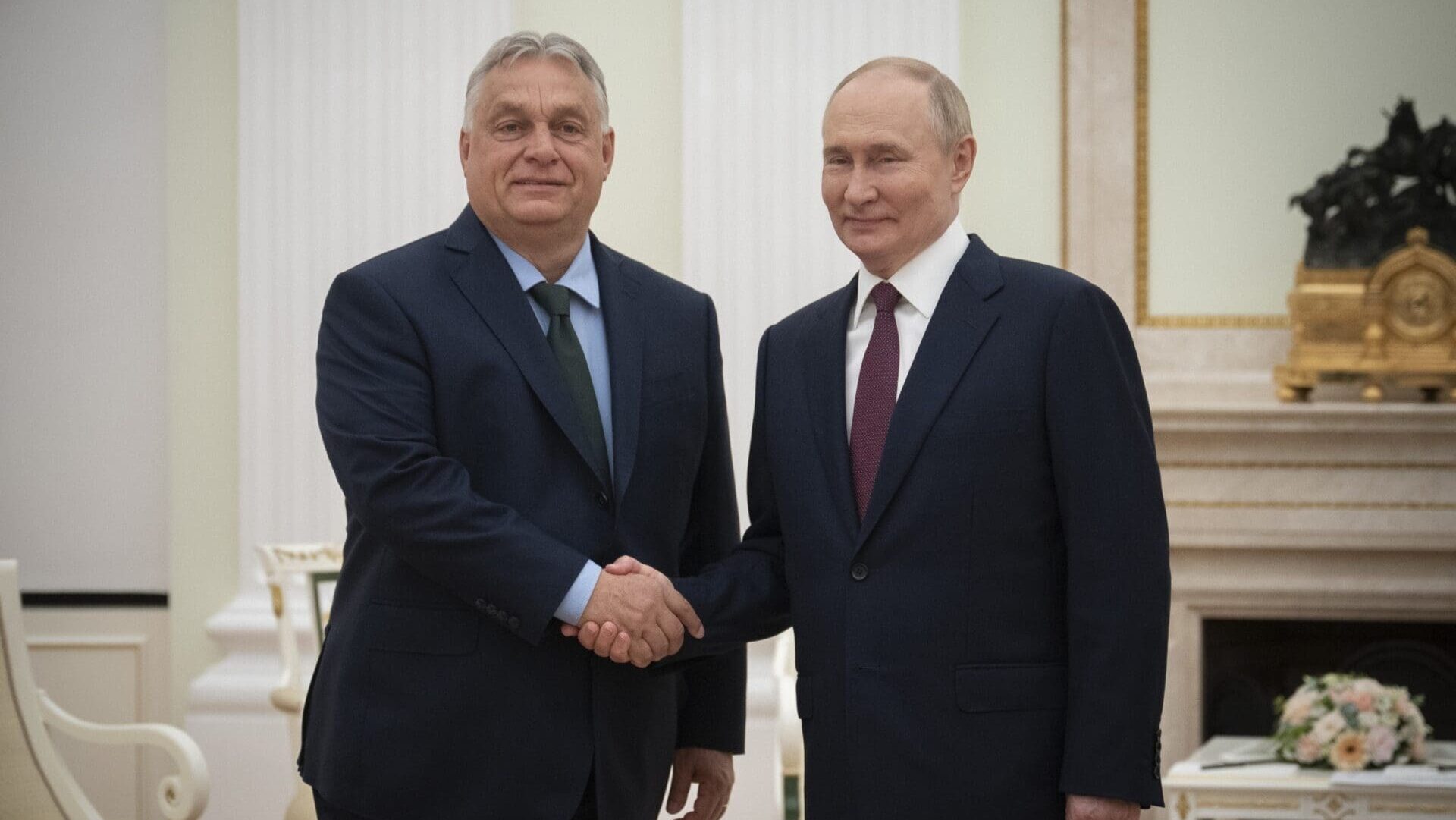Hungarian Prime Minister Viktor Orbán’s peace efforts are gaining momentum recently. After meeting with President-elect Donald Trump at Mar-a-Lago, Florida, on Monday, Orbán held a telephone conversation with Russian President Vladimir Putin on Wednesday. The discussion focused on bilateral relations and the ongoing war in Ukraine.
According to Orbán’s press chief, Bertalan Havasi, the Hungarian prime minister expressed his commitment to seeking a political and diplomatic resolution to the crisis, utilizing his connections with Western leaders. In turn, Vladimir Putin provided Orbán with an update on the current situation in Ukraine.
Orbán Viktor on X (formerly Twitter): “I had an hour-long phone conversation this morning with President Putin. These are the most dangerous weeks of the #RussiaUkraineWar. We are taking every possible diplomatic step to argue in favour of a ceasefire and #peace talks. / X”
I had an hour-long phone conversation this morning with President Putin. These are the most dangerous weeks of the #RussiaUkraineWar. We are taking every possible diplomatic step to argue in favour of a ceasefire and #peace talks.
But that’s not all. On Wednesday, Orbán travelled to Türkiye to meet with Turkish President Recep Tayyip Erdoğan. According to Bertalan Havasi, the discussions will cover a range of pressing topics, including international affairs, the conflicts in Ukraine and the Middle East, and the prospects for peace.
Following his meeting with Trump, Orbán remarked: ‘If two men sit down to talk to each other today, either in Europe or in America, they can hardly avoid talking about peace and war.’ He noted that Trump is currently not in a position to negotiate a ceasefire with Russia or Ukraine but expressed optimism about a shift once Trump is inaugurated on 20 January. ‘I am confident that once Trump takes office, we will see the beneficial effects of this,’ Orbán said.
‘I am confident that once Trump takes office, we will see the beneficial effects of this’
Orbán launched his peace mission in July, embarking on a series of high-profile visits to Kyiv, Moscow, Beijing, Ankara, Washington, and culminating at Mar-a-Lago. His goal was to engage with key players in the Ukraine conflict to explore pathways toward its resolution. Although Orbán faced significant criticism, particularly from Brussels, his diplomatic efforts now appear to be yielding results.
Since Donald Trump’s election victory on 5 November, Ukrainian President Volodymyr Zelenskyy has increasingly signalled Kyiv’s openness to peace talks and a potential ceasefire. This notable shift comes even as the Biden administration appears intent on pursuing policies that could escalate the conflict further.
Related articles:








